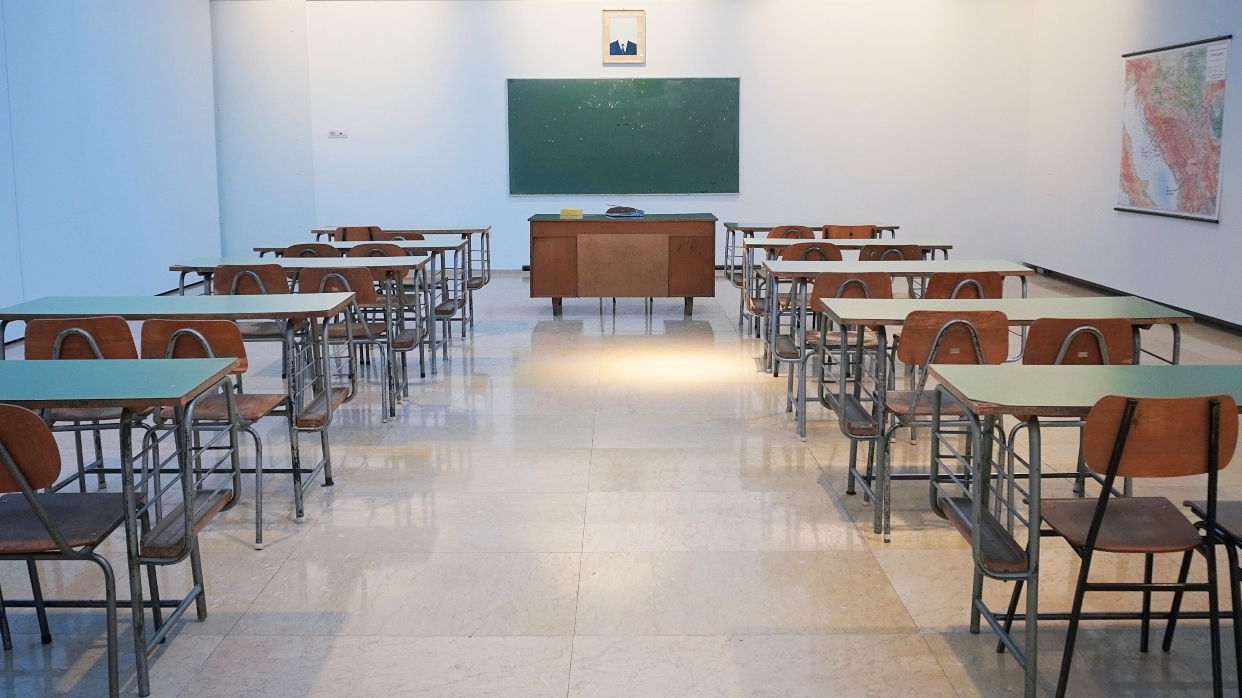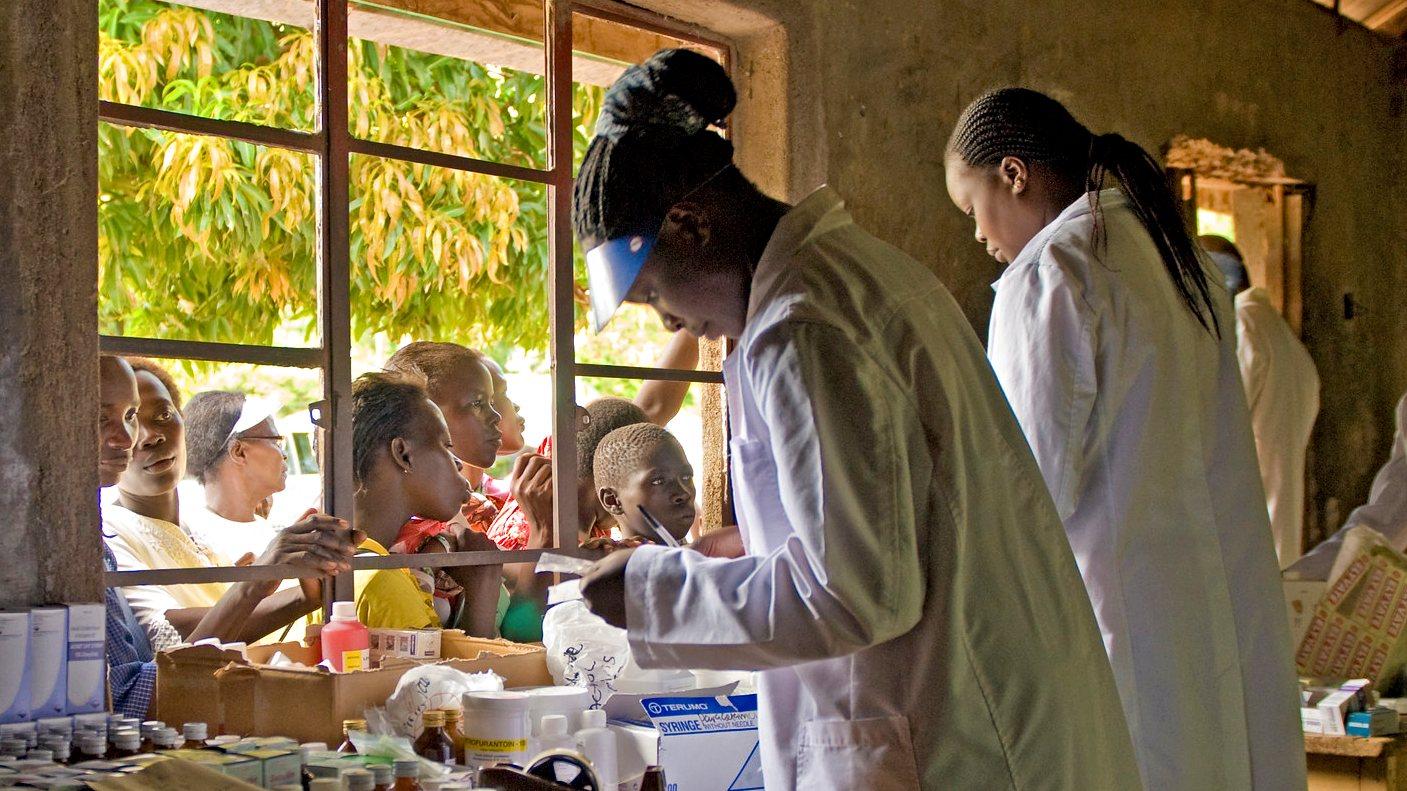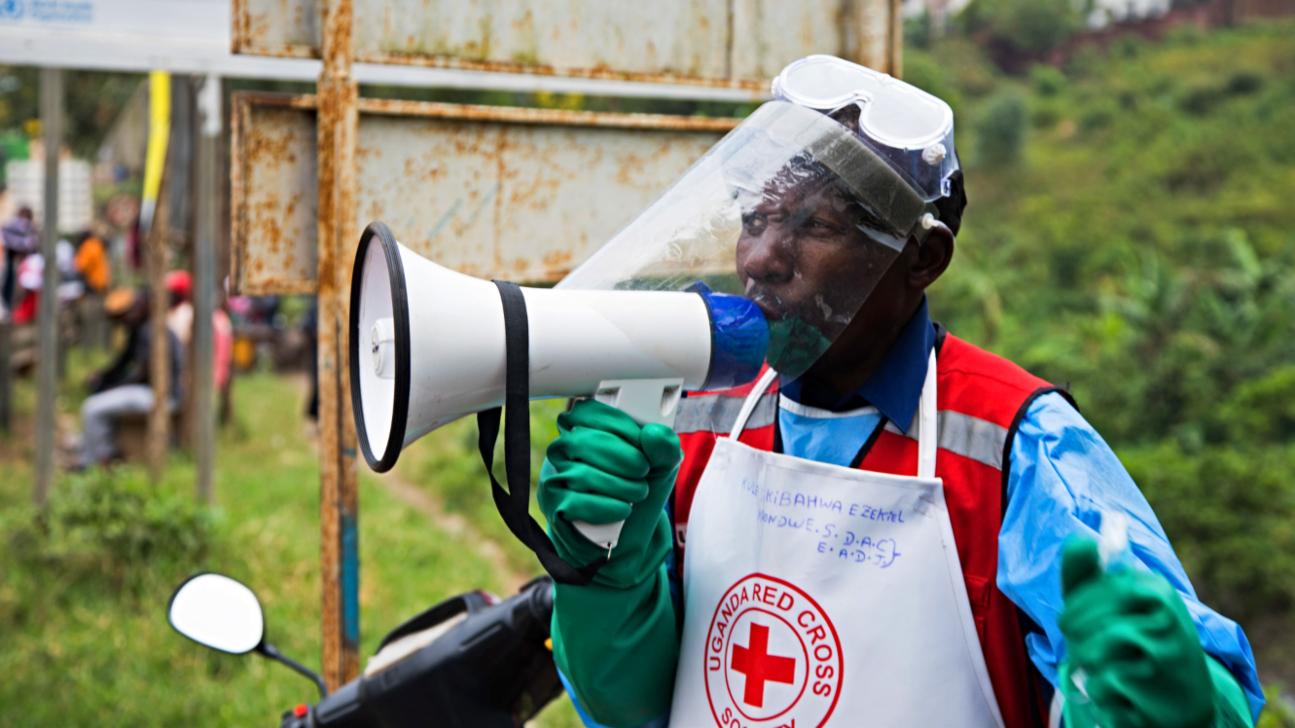Tanzania has rejected a one-size-fits-all model to tackling the COVID-19 pandemic and imposing an extensive lockdown as elsewhere in the region. The government’s public health messaging to the population is therefore crucially important. What then has been the effect of public health announcements on citizens’ behaviour, and does this pose a problem for containment or a second wave?
This blog is part of the series Shifting Spaces, an emerging timeline of COVID-19 responses from Kenya, Malawi, Tanzania and Uganda from the LEAD research project at the Firoz Lalji Centre for Africa.
On 16 March 2020, the first case of COVID-19 was identified in Arusha, the northern part of Tanzania. Other cases of COVID-19 have subsequently been reported in Dar es Salaam, as well as elsewhere in the country. The approach of the Tanzanian government to COVID-19, led by the President John Magufuli, has been unique. By avoiding a universal lockdown, it has rejected the concept of a ‘one size fits all’ public health strategy.
That said, in the early days of the pandemic stringent measures were taken. After the identification of the first COVID-19 case, the government responded by closing all primary and secondary schools, as well as universities. The government encouraged people to avoid unnecessary movement within and outside Dar es Salaam and other places of the country. The Regional Commissioner for Dar es Salaam, HE Paul Makonda, announced that roaming in the city was prohibited. Such a statement was echoed by the Minister of Health, Community Development, Gender, Elderly and Children, Ummy Mwalimu, who urged people of Dar es Salaam not to visit other regions because they could spread the disease. Significantly, the measures did not target economic activities, as they did in Uganda and Kenya. In mid-March, the devout Christian President ordered a three-day national prayer period against the disease, which he described as ‘the devil’.
What role has national and local state messaging played in shaping both public fear and public responses to COVID-19 in Dar es Salaam? State messaging has certainly proved a powerful force in shaping the way in which the city’s inhabitants have perceived and responded to the virus. I outline the shift from state promotion of varied personal protections to government calls to reduce panic and return to normal, yet concerns abound as to whether the state directive to resume normal activities will prompt a second wave of the virus.
Local responses in Dar es Salam
In addition to state-imposed restrictions on movement, public health messaging by government officials has encouraged individual health measures. These public health messages were delivered by the Minister of Health through the media such as radio and television and were later spread electronically via social media, such as Instagram, WhatsApp and Facebook accounts. City dwellers actively responded to these messages, wearing face masks, carrying and using hand sanitiser, observing social distancing and washing hands with soap and running water.
Incubation – famously known in Swahili as kujifukiza/kupiganyungu – was also encouraged, emphasised as efficacious by various government leaders, including the President, the Minister in the President’s Office, Regional Administration and Local Government. Incubation involves boiling leaves of different kinds, such as Eucalyptus and lemon tree leaves, then a person covering themselves with the boiling water in heavy bed sheets for 10 to 15 minutes. Afterwards a person takes a bath. It is believed by many that incubation helps to clean the lungs.
Both COVID-19 patients and people who have not had a disease used this traditional practice as a preventative measure. Many regard incubation as a traditional cure, used by our forefathers and inherited from one generation to another. Additionally, the local community of Dar es Salaam used herbal medicine obtained from nearby gardens. For example, lemon juice and ginger tea has been very common among people as a COVID-19 preventive strategy. Again, such herbal medicine is believed to increase the body’s immunity and clean the respiratory system.
Testing kits
In addition to encouraging the public to undertake personal protection measures, the Tanzanian government also devised its own set of responses to the global concerns surrounding the quality of testing kits. Indeed, in an effort to investigate the quality of testing kits – and perhaps question the number of positive cases of COVID-19 in the country – the President ordered that samples of pawpaw, bird and sheep test for COVID-19 in the Government Chemist Laboratory. The samples were assigned human names and ages and the technicians were unaware of their origins.
The Pawpaw, bird and goat tested positive. The results were shared throughout Tanzania on all media platforms, shocking citizens and raising suspicion about the virus. The samples which were identified to have coronavirus were in fact uncontaminated: unlike the test instruments. Consequently, the local community thought that information on the reported number of infected cases could be wrong. The results were interpreted as indicating people might have been falsely diagnosed with COVID-19.
The President responded: ‘these results suggest that there are dirty activities taking place in the testing process. Either laboratory technicians are being used by the imperialists, or they are not competent, which is not true or there is something wrong with the testing kits’. He continued, ‘the analysis of information I have, it seems there some people have been told to be COVID-19 positive while they are not. Some may have died of panic.’ In this way, the President sought to deemphasise COVID-19’s risks.
Shifting public health messaging
The results from the government’s laboratory that had diagnosed the samples to be COVID-19 positive were followed by a shift in public health messaging. Indeed, President Magufuli called upon all Tanzanians not to be afraid. He said:
‘I therefore call upon all Tanzanians that we are still at the elementary stage of COVID-19 in the country. We should not panic. Keep working, production activities should increase more and more.’
The Regional Commissioner (RC) for Dar es Salaam also told the public that they should not fear the disease:
‘It does not come to my mind and I cannot understand that it has come to the point that the Dares Salaam citizen are locking themselves at home waiting for the Corona disease. They fail to get to work. We will starve to death. Let us stop this fear and continue with our work. We are now immersed in the strangest fear that has ever happened in the world. People are staying at home just because of the COVID-19.You will die of hunger. Get out of your home and go to work. Stop laziness.’
The Regional Commissioner also told the people of Dar es Salaam that on 24 May 2020 there would be an historical party to celebrate the victory against COVID-19. All those who closed their bars were told they should be reopened, as were hotels. Local communities were told to play music as loudly as they wanted. Those who left Dar es Salaam for other regions fearing the virus were told to return to work. ‘The fears that we had have now disappeared. I urge the citizens of Dar es Salaam to come out and continue with their economic activities,’ he said.
Returning to normal
After these messages, across the city closed businesses then reopened. People were allowed to buy alcohol and drink at home, and from 24 May 2020 all bars were allowed to operate as before COVID-19 emerged. The local community of Dar es Salaam has thus been slowly abandoning its precautions against the virus. Very few in June 2020 are washing their hands with soap and running water and others have abandoned the use of hand sanitisers. On public transport, face masks are no longer worn. Both rich and poor people have returned to their daily routine.
However, there are some differences across the city. Significantly, those who earn their living hand-to-mouth basis – like businesspeople, bodaboda drivers, road cleaners – are not wearing face masks. These groups in the city often have limited education, perhaps leading to lower awareness of the virus. They are also likely to take the directives given by the government leaders as they are. For example, in the business market of Kariakoo, where there is significant overcrowding, people are no longer wearing face masks. As one Kariakoo informant said:
‘We have been told by our leaders not to fear the COVID-19 anymore. We have to come back to work as it was before the disease. If our leaders have said so, we don’t have objections. Even the president himself does not wear the face mask.’
However, those working in offices are more likely to wear facemasks, given that some offices have made it mandatory, alongside the washing of hands before entering. Moreover, these groups in the city are more likely to have received an education, may be more conscious of the pandemic and therefore take personal precautions in spite of government leaders’ statements that people should no longer be afraid of COVID-19. This raises questions concerning who is likely to be more exposed to the virus, exposing differences along class lines.
Broadly speaking, reduced fear of COVID-19 went hand in hand with a reduced fear of attending hospitals or clinics when feeling unwell. When the number of COVID-19 patients was high in the country, people were wary of entering these spaces due to contracting the disease and/or its associated stigma. Therefore, the majority of those who felt unwell stayed at home and treated themselves using herbs. However, the current situation is different and attendance has returned to normal.
Questions remain
Throughout Dar es Salaam, people’s fear of COVID-19 has dramatically decreased in response to speeches by various leaders. On the whole, people have been shown to believe their leaders’ public health messages and things have returned to normal. Local communities are no longer concerned with the release of figures on confirmed COVID-19 cases: people are now concerned with working to increase their income to reach pre-COVID-19 levels.
Of course, a decrease in fear does not mean that the disease has gone. This is particularly problematic given the limited release of official data on the number of infections and COVID-related deaths. Indeed, if city dwellers continue to abandon precaution measures, a second wave of disease might take place. If this is the case, and COVID-19 proves itself to be both present and growing, the government may be forced to seriously rethink its approach to the virus. The coming months will offer critical – and potentially troubling – insight for the city, the country and the region more broadly.
Photo: Nachingwea District, Lindi Province, Tanzania. MDA to primary school students. Credit: RTI Fights NTDs. Licensed under creative commons (CC BY-NC-ND 2.0)






It’s a good article as it’s informative on what was taking place in our country Tanzania thus leaders from other countries may have something to learn especially on the ignoring traditional remedies.